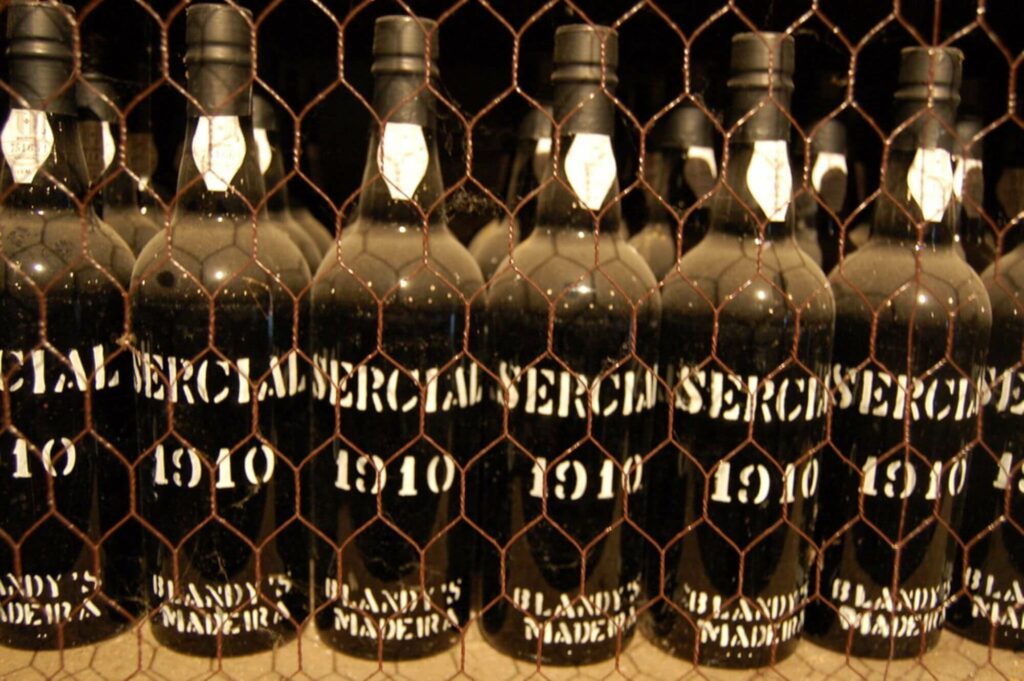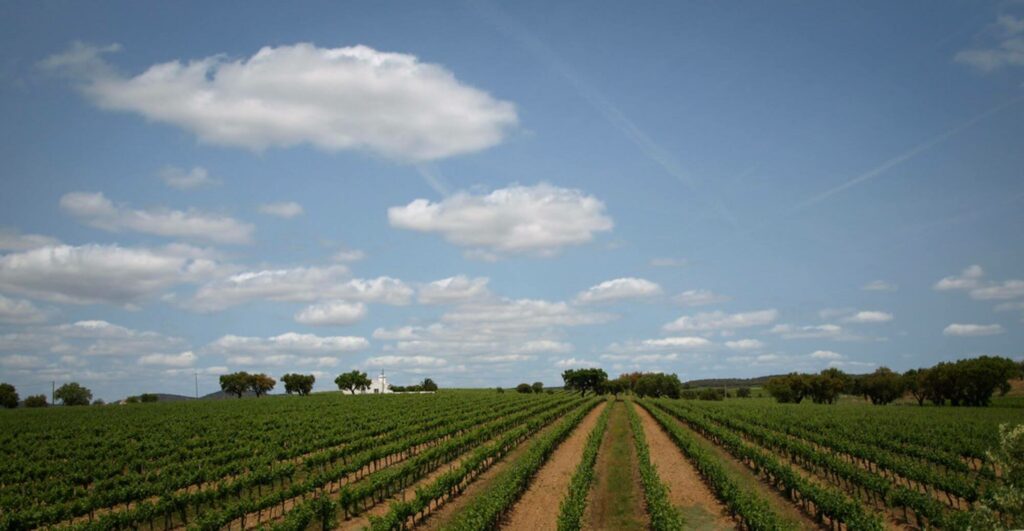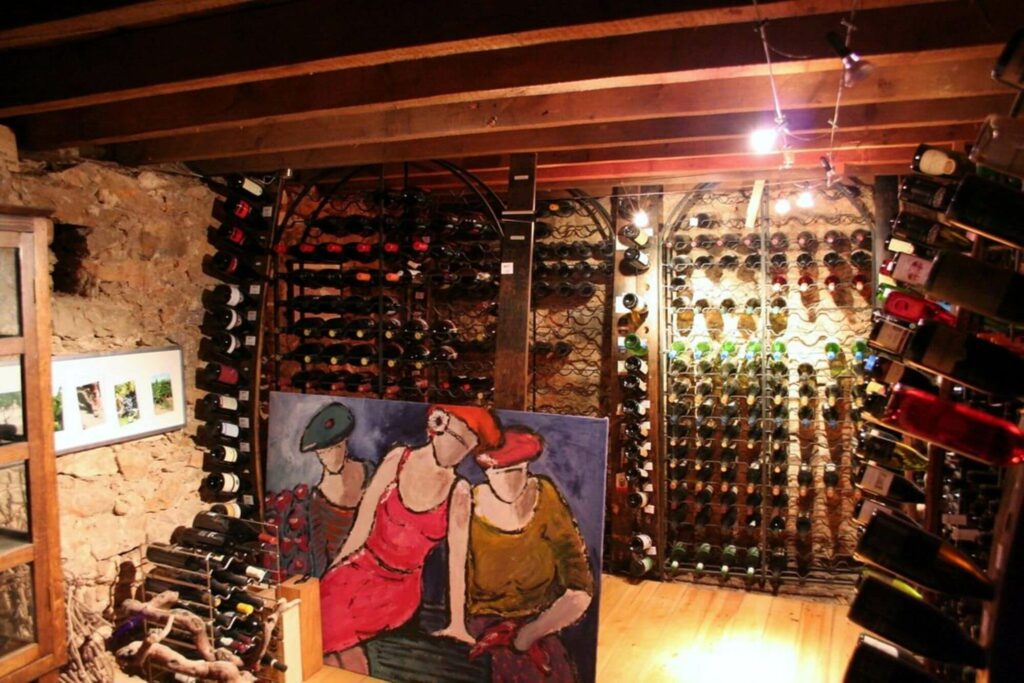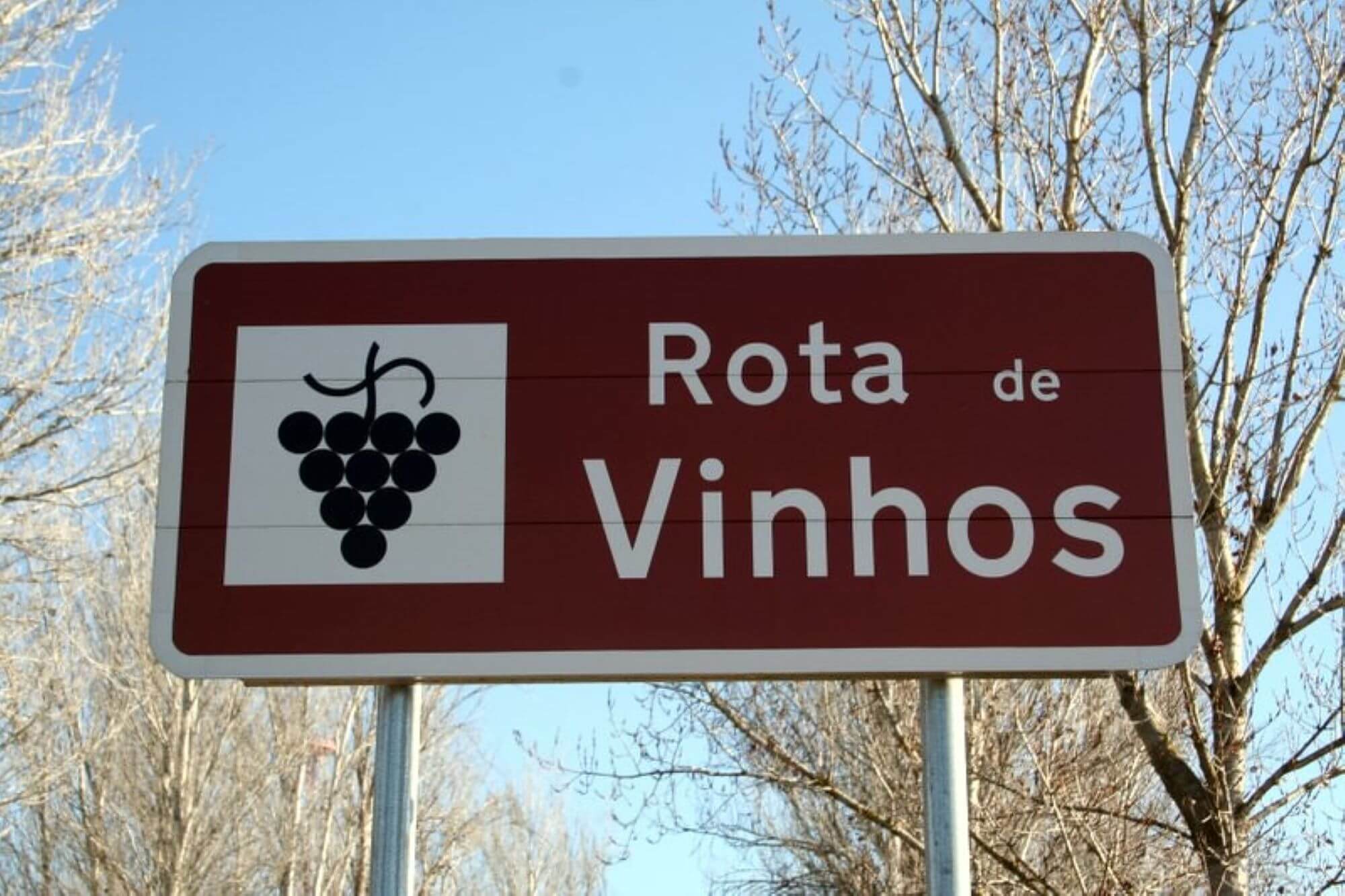Introduction To Portugal’s Climate and Wine Styles: A Diverse And Distinctive Blend
Discover the diversity of Portugal’s climate and wine styles, where the country’s reputation for producing both Port and still table wines shines. With a wide-ranging climate that allows for the production of various wine styles, Portugal’s wine industry flourishes. With a growing focus on winemaking techniques and the introduction of premium Portuguese wines, the country is establishing itself as a formidable force in the wine industry.
Portugal’s Diverse Climate and Wine Styles
Portugal has earned a well-deserved reputation for its excellent Port and table wines. Whether you prefer crisp whites, robust reds, or luscious fortified wines, Portugal has something to offer every wine lover.
One of the key factors that contribute to Portugal’s ability to produce such diverse wine styles is its unique climate. The country experiences a Mediterranean climate in the south, with hot, dry summers and mild, wet winters.
In the north, the climate is more influenced by the Atlantic Ocean, leading to cooler temperatures and more rainfall. These distinct microclimates create ideal conditions for different grape varieties to thrive.
Native grape varieties used in Portuguese wines
Portuguese winemakers utilize a wide range of native grape varieties to craft their wines. Some of the most well-known include Touriga Nacional, Tinta Barroca, Touriga Francesa, Tinta Cao, and Tinta Roriz. These grapes contribute to the unique flavors and aromas found in Portuguese wines, setting them apart from wines produced in other regions of the world.
Portugal’s fortified wines: Port and Madeira

When it comes to fortified wines, Portugal is unmatched. The country is renowned for its exceptional Ports and Madeiras, both of which have a long and storied history. Port, a sweet and fortified wine, has been produced in the Douro wine region for centuries. Madeira, another fortified wine, hails from the island of Madeira and boasts a rich, caramelized flavor profile. These wines continue to be highly sought after by wine enthusiasts around the globe.
The importance of the Douro wine region
The Douro wine region holds a special place in Portugal’s winemaking tradition. Not only is it the birthplace of Port, but it is also considered the most important wine region in the country. The steep terraced vineyards that line the Douro River create a stunning landscape and provide the ideal environment for growing grapes used in the production of Port. The region’s unique climate, coupled with its rich soil, imparts a distinct character to the wines, making them truly one-of-a-kind.
Other up-and-coming regions in Portuguese wine production

While the Douro wine region may hold the crown, other regions in Portugal are also making a name for themselves in the world of wine production. One such region is Alentejo, located in the south of the country. With its hot and dry climate, Alentejo produces bold and full-bodied red wines that have gained recognition on the international stage.
The Dão region, situated in the central part of Portugal, is known for its elegant and age-worthy red wines. These up-and-coming regions are adding their own unique flavors and styles to Portugal’s wine repertoire.
In the northwestern region of Vinho Verde, the cool Atlantic breezes and fertile soils contribute to the production of light and refreshing white wines with a slight effervescence.
These regional nuances make exploring Portuguese wines an exciting and delicious adventure. Are you up to it? We most certainly are!
Challenges and conditions for viticulture in the Algarve and Madeira regions
The Algarve, located in the southernmost part of Portugal, experiences a hot and dry climate, which can be harsh on grapevines. However, innovative winemakers have overcome these challenges by implementing irrigation techniques and planting grape varieties that are well-suited to the region’s conditions.
Madeira, as an island, has a unique maritime climate with high humidity and strong winds. Winemakers on the island have adapted to these conditions by aging their wines in barrels, exposed to heat and oxidation, resulting in the distinctive flavors found in Madeira wines.
Portuguese Wine Regions

Portugal is home to a wide range of wine regions, each with its own unique characteristics and offerings. Alongside the well-known Douro and Alentejo regions, there are many others worth exploring. Some notable wine regions include:
- Trás-os-montes
- Dão
- Beira Interior
- Alentejo
- Algarve
- Madeira
- Setúbal
- Tejo
- Lisboa
- Beira Atlântico
- Vinho Verde
These regions span the entire country, allowing winemakers to showcase the diversity of Portugal’s climate, geography, and soil composition.
Overview of the main wine regions in Portugal
The Transmontano region, located in the northeast, is known for its robust red wines, thanks to its continental climate and granite-rich soils.
The Dão region, situated in the center of the country, is renowned for its elegant reds and refreshing whites, which benefit from its altitude and granitic soils.
Beira Interior, a mountainous region in central Portugal, produces a wide variety of wines, from aromatic whites to full-bodied reds.
The Alentejo region, in the south, is famous for its hot and dry climate, resulting in rich, full-bodied red wines that have gained international acclaim.
In addition to these regions, Portugal is home to other noteworthy wine regions, including Algarve, Madeira, Setúbal, Tejo, Lisboa, Beira Atlantico, and Vinho Verde.
In conclusion
Portugal’s diverse climate and unique grape varieties allow for the production of a wide range of wine styles, from the world-famous Ports to lesser-known but equally exceptional table wines. The country’s wine regions, characterized by their distinct climates and soil compositions, offer wine enthusiasts a myriad of flavors, aromas, and experiences to savor.
So raise a glass and explore the wonderful world of Portuguese wines. Cheers!







